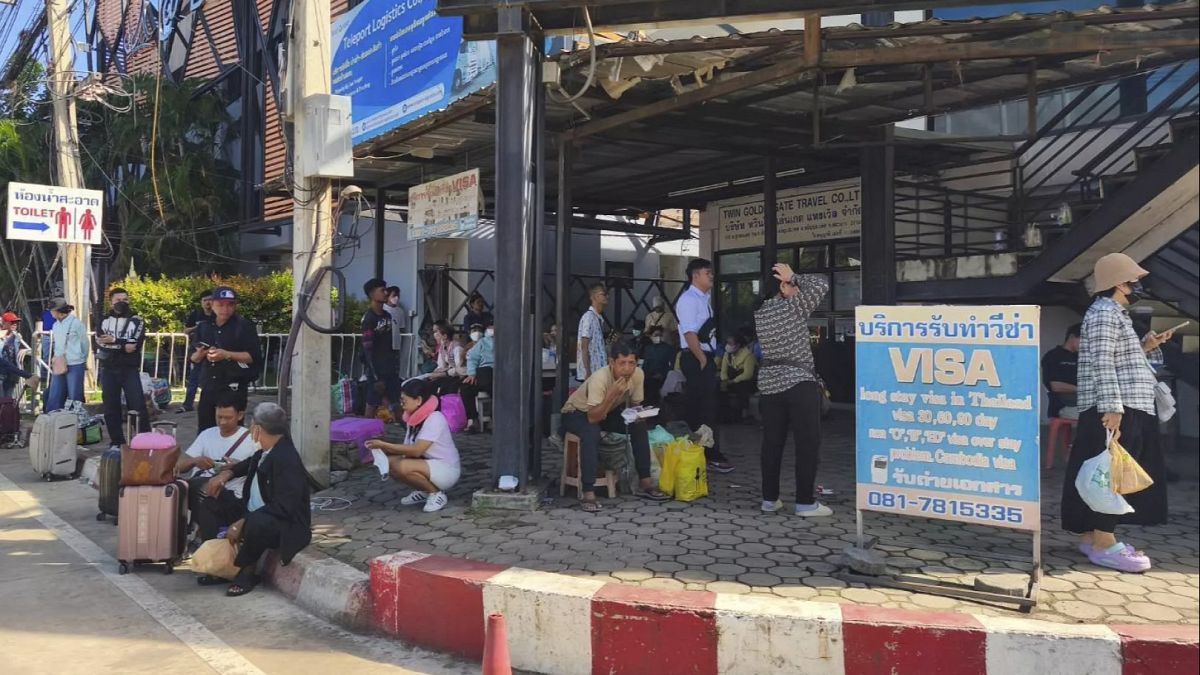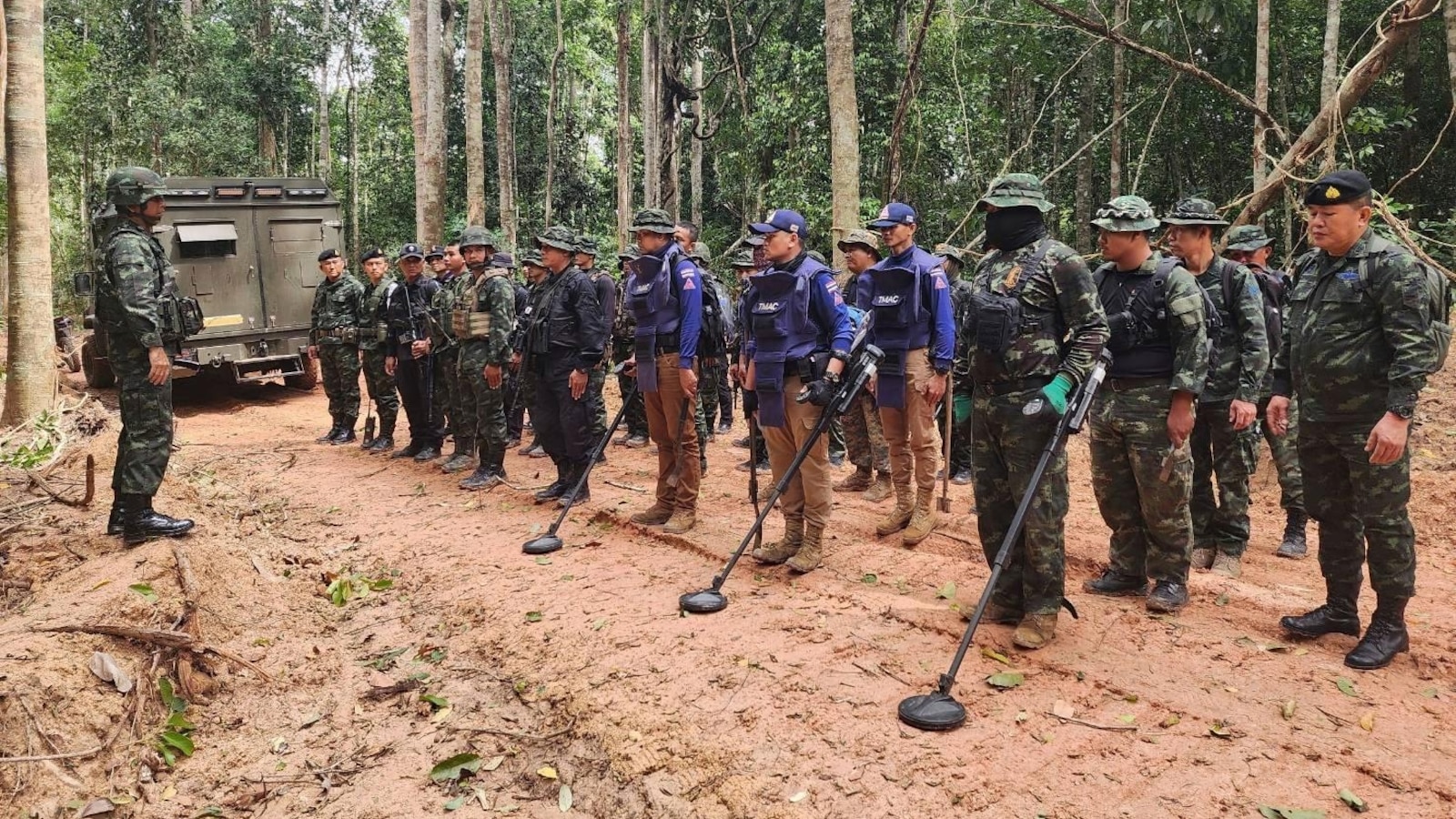In a dramatic escalation of hostilities, Thailand and Cambodia find themselves at odds after a landmine explosion injured several Thai soldiers, with one losing a leg. The incident, which occurred during
Did You Know
The world's oldest person on record lived to be 122 years old.
?
AD
a routine patrol along the two nations' disputed border, has sparked fierce accusations from Thailand, claiming that Cambodia has laid new landmines in the region. This latest outbreak of violence comes amid a long history of territorial disputes, further complicating an already volatile relationship.
In response to the injuries sustained by its soldiers, Thailand has taken significant diplomatic measures, recalling its ambassador from Cambodia and expelling the Cambodian envoy. These actions not only signal a major downturn in diplomatic relations but also highlight the Thai government's stance on maintaining national security in the face of perceived aggression. As the situation escalates, both countries have closed several border crossings, leading to increased tensions and fears of potential conflict.
The repercussions of this landmine incident extend far beyond immediate military concerns, raising alarms about the broader implications for Southeast Asian stability. As both nations grapple with the aftermath of the confrontation, the world watches closely, wondering whether diplomatic resolutions are possible or if the historical grievances will once again spiral into confrontation. With both governments under pressure to assert their positions, a delicate balance must be navigated to avert further hostilities and foster peace in a region marked by deep-seated animosities.
Q&A (Auto-generated by AI)
What caused the border tensions between Thailand and Cambodia?
The recent border tensions between Thailand and Cambodia were primarily triggered by a landmine incident that injured Thai soldiers. On July 16, three Thai soldiers were injured, one severely, while patrolling the disputed border area. This incident escalated diplomatic tensions, leading Thailand to recall its ambassador and expel Cambodia's ambassador, indicating a significant deterioration in relations.
How do landmines impact civilian safety in border areas?
Landmines pose a severe risk to civilian safety, particularly in conflict-prone border areas. They can cause serious injuries or fatalities to unsuspecting individuals, including farmers and children. The presence of landmines makes land unsafe for agriculture and habitation, often leading to displacement and economic hardship for local communities, as seen in the ongoing Thai-Cambodian border dispute.
What is the historical context of Thailand-Cambodia relations?
Thailand and Cambodia have a long history of territorial disputes, often rooted in historical claims and colonial legacies. The two countries have clashed over various issues, including border demarcation and cultural heritage sites like the Preah Vihear Temple. These tensions have periodically flared into military confrontations, reflecting deep-seated nationalistic sentiments and unresolved historical grievances.
How has diplomatic protocol changed in this conflict?
In response to the escalating tensions, Thailand has downgraded its diplomatic relations with Cambodia by recalling its ambassador and expelling Cambodia's envoy. Such actions are significant diplomatic steps that indicate a breakdown in communication and trust. This shift reflects a more aggressive stance in foreign relations, moving away from dialogue towards confrontation.
What role do international organizations play in such disputes?
International organizations, such as the United Nations and ASEAN, often play mediating roles in resolving border disputes. They can facilitate dialogue, provide platforms for negotiation, and promote peacekeeping missions. These organizations aim to ensure compliance with international law and support conflict resolution to maintain regional stability and prevent escalation into armed conflict.
















